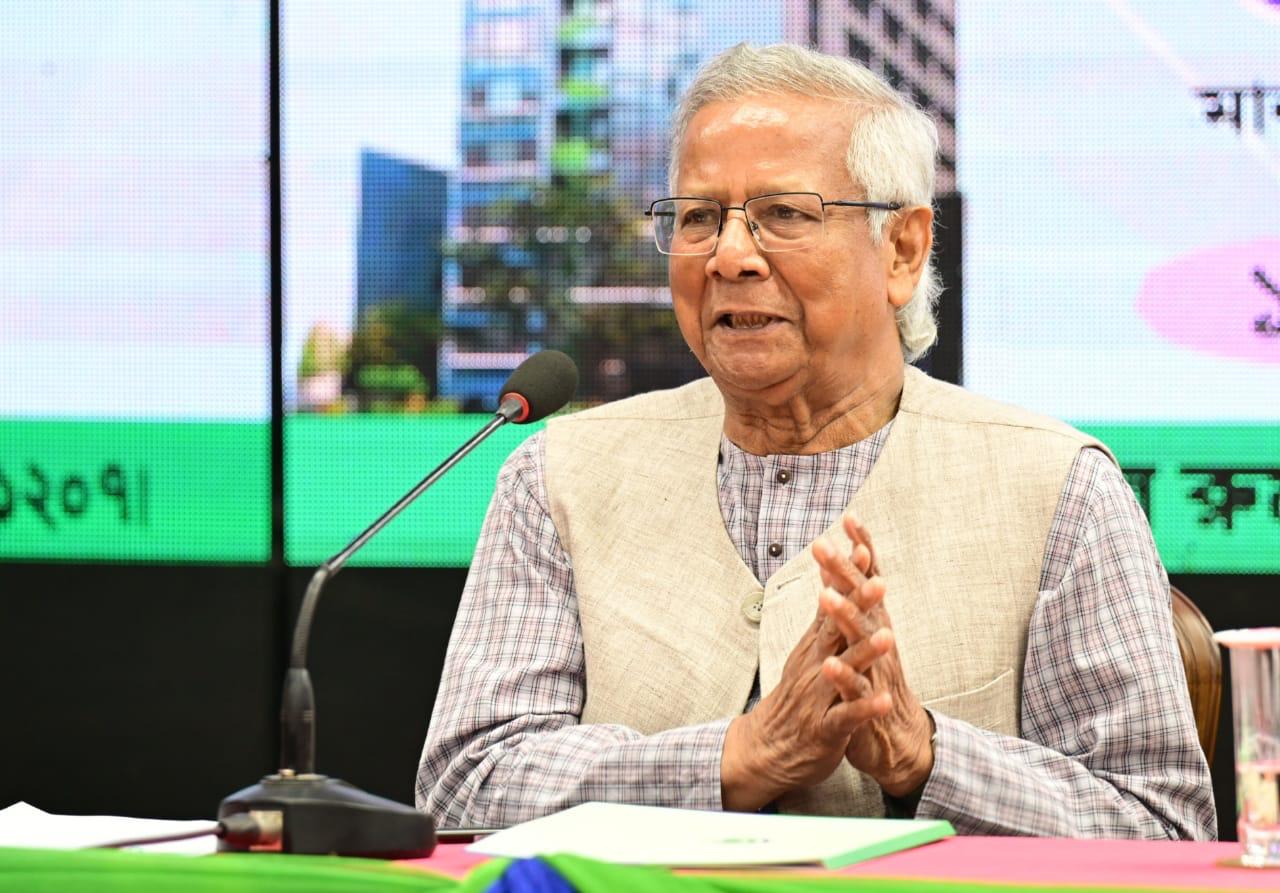Tens of thousands of Awami League leaders and activists, who have been in hiding since Sheikh Hasina’s resignation on August 5, 2024, are reportedly clinging to renewed hope following signs of a possible resignation from Chief Adviser Professor Muhammad Yunus, insiders said.
In the hours following the disclosure by National Citizen Party (NCP) convener Nahid Islam that Dr. Yunus is “considering resignation,” numerous Telegram and WhatsApp groups — frequented by fugitive AL members and operatives — became hyperactive.
Messages of cautious optimism and speculation circulated throughout the night, with many participants writing, “His [Yunus’s] despair could be our window.”
Since Hasina’s dramatic ousting following the July student-led mass uprising, thousands of AL activists have gone underground to evade arrest or public backlash.
Many face charges including murder and attempted murder stemming from pre-uprising crackdowns and political violence.
The widespread perception among them is that Yunus’s government — backed by student organisers and a section of civil society — remains too hostile to allow a safe return to public life for anyone associated with the former ruling party.
Moreover, the government’s imposition of a ban on AL political activities on May 10 further frustrated them.
“There’s a belief among the rank and file that any change in the top executive — especially one as symbolically powerful as Yunus — might relax the hardline stance against the Awami League,” said a political analyst familiar with encrypted communication trends.
The brewing hope stems from a quiet political storm: Chief Adviser Yunus’s growing disillusionment.
On Thursday, after a meeting of the Advisory Council, Professor Yunus informally expressed dissatisfaction with the nation’s direction, questioning whether he should remain in his post, sources said.
He lamented the lack of cooperation from political parties, the persistence of daily unrest in Dhaka, and the near-paralysis in executing reforms.
According to multiple advisers, Yunus even suggested that the Advisory Council consider forming a new interim government, citing his inability to ensure credible elections under current conditions. A draft speech to the nation was reportedly prepared.

Later that evening, Nahid Islam, a former adviser of his government, met Yunus at the state guesthouse Jamuna and subsequently told BBC Bangla that the Nobel laureate was “feeling held hostage” and had expressed that “he won’t be able to work unless political parties reach a common ground.”
While Nahid urged Yunus not to resign — warning of further instability — his public confirmation of Yunus’s doubts sent ripples across all political factions.
While it deeply frustrated pro-July activists, it gave a psychological boost to the scattered remnants of the Awami League, many of whom now see a possible political reentry if the current leadership is replaced or reorganised.
Complicating matters, analysts said, both the BNP and NCP are now locked in a tug-of-war over alleged partisan advisers within the interim setup.
BNP has demanded the removal of Mahfuz Alam, Asif Mahmud Shojib Bhuiyan, and Khalilur Rahman, accusing them of bias and against the interest of the country.
In turn, NCP leaders have called for the ousting of three other advisers they view as BNP loyalists.
In this swirl of uncertainty, the analysts said, Dr. Yunus’s personal frustration — while deeply concerning for reformist forces — has opened an unexpected psychological door for the old guard.


